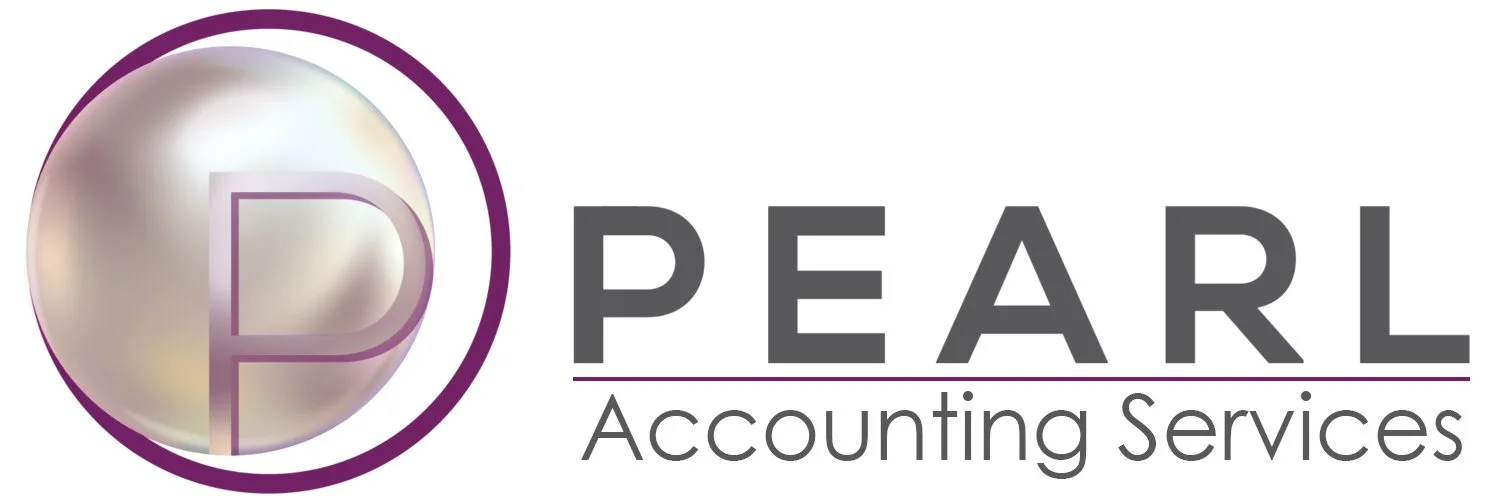Are your personal and business finances separate?
(This is an excerpt from https://www.hiscox.com/blog/business-bookkeeping-101-what-every-small-business-owner-needs-know, written by Kathleen Moore, and shared with appreciation.)
If you haven’t already, you should ensure that your business’s financial transactions are separate from your own. Partnerships, LLCs, and corporations are required by law to do this, but even if you are a sole proprietor, it’s a smart housekeeping step. You can start by opening a business checking and savings account. This is where your business’ income can be deposited, and bills paid, but it’s also where you can put aside a percentage of your income to pay your estimated tax bill. You can also apply for a business credit card or open a line of credit with routine vendors.
These moves can protect your personal finances from ruin if your business’s finances stumble. They will also begin building your business’s credit profile -- a financial gift that will keep giving as your business grows. And, finally, when it comes time to file your business taxes, you will have all of the numbers where you need them – in your business ledger, not your personal checkbook.
